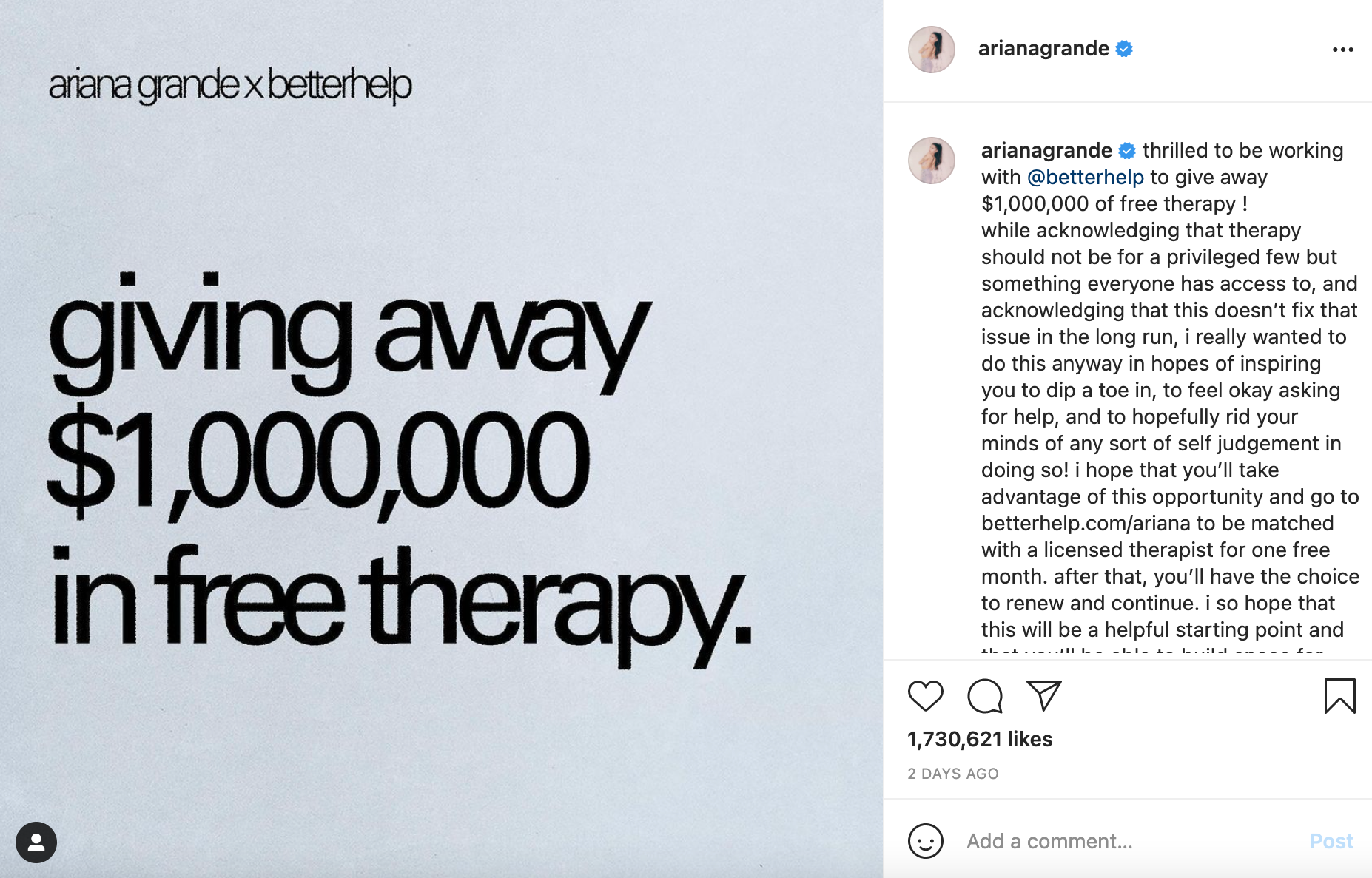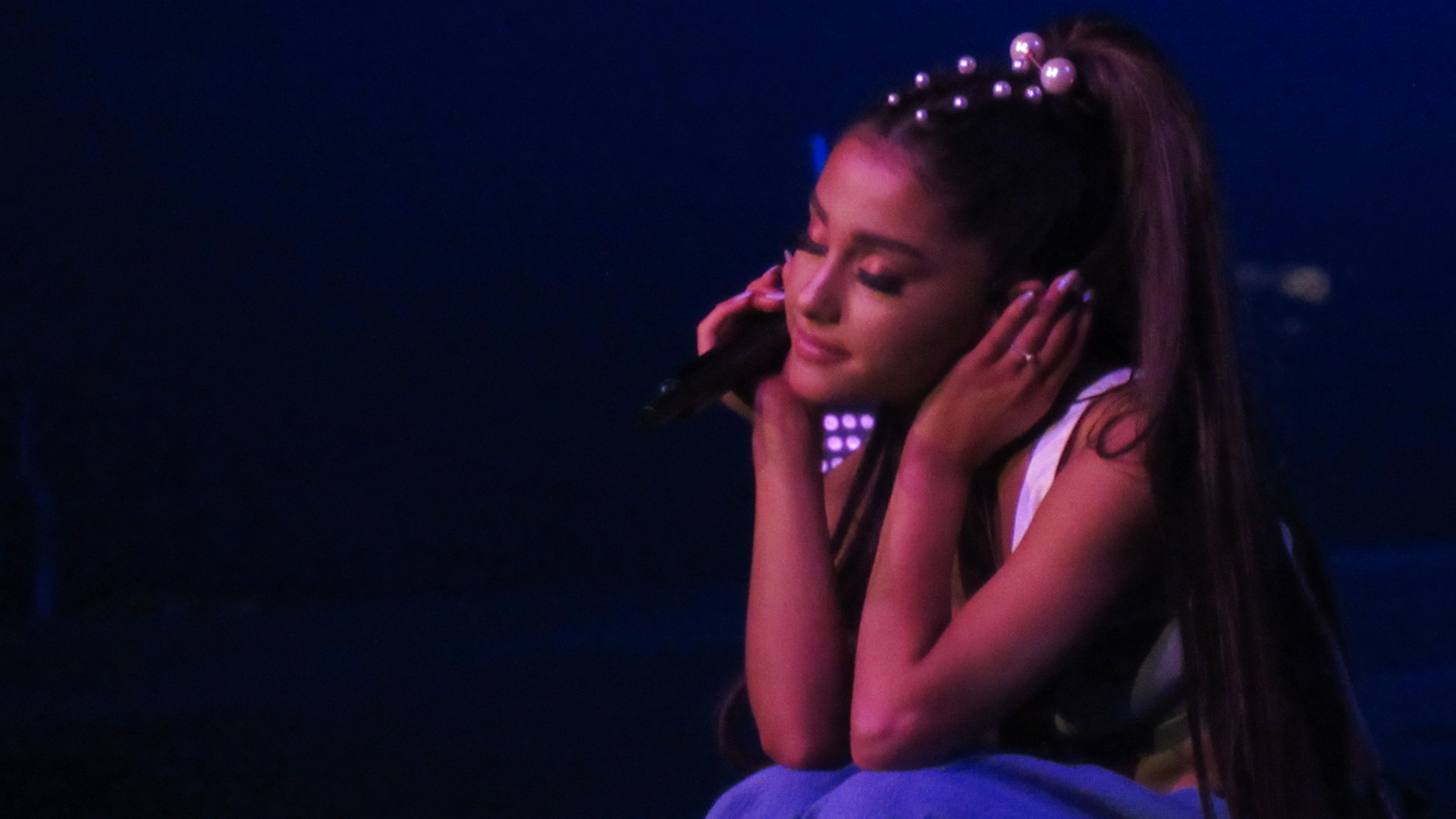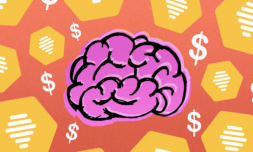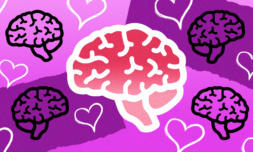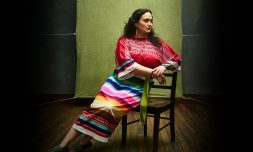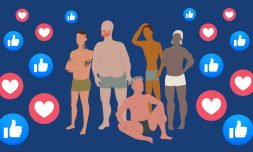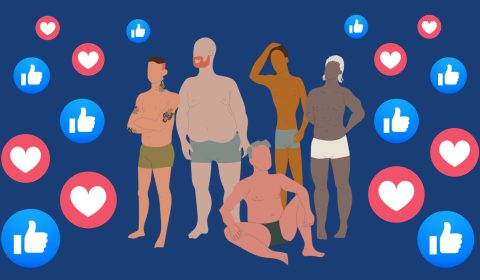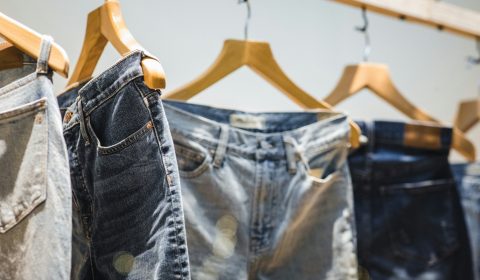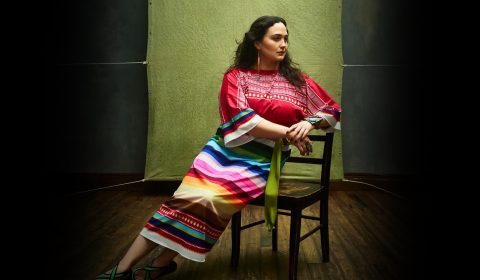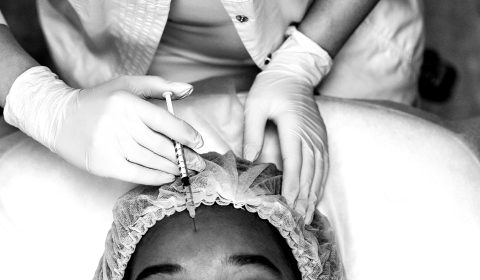The singer has partnered with a mental health support organisation to encourage today’s youth to seek help without feeling judged.
On Tuesday, long-time mental health advocate Ariana Grande took to Instagram to announce that she’s giving away $2 million in free therapy to the public.
The sizeable contribution has been made in partnership with BetterHelp, an app which aims to normalise seeking treatment by matching users to licenced therapists.
Those who sign up will receive one month of therapy for free and will be given an option to renew through the platform with a discount of 15% for the second month.
The move is a welcome one amid recent findings suggesting that young people are currently facing a ‘tsunami of psychological problems’ as a result of the pandemic. Of those experiencing anxiety and depression related to COVID-19, more than half are Gen Z.
Disregarding themselves as a priority with hospitals overwhelmed, and reluctant to get the help they need, there’s been a noticeable drop in routine appointments across the globe.

Now, we’re looking at as many as 10 million people worldwide – including 1.5 million children – needing new or additional support. Numbers which may well rise as the full impact becomes clear on BAME communities, care homes, and people with disabilities.
Thankfully, Ariana is here to lend a hand.
‘While acknowledging that therapy should not be for a privileged few but something everyone has access to and that this doesn’t fix that issue in the long run, I really wanted to do this anyway in hopes of inspiring you to dip a toe in, to feel okay asking for help, and to hopefully rid your minds of any sort of self-judgement in doing so,’ explains the caption.
‘It’s not linear or easy, but you are worth the effort and time, I promise!’
She hopes the donation will act as a useful starting point and give fans the chance to build space for healing in their lives going forward.
